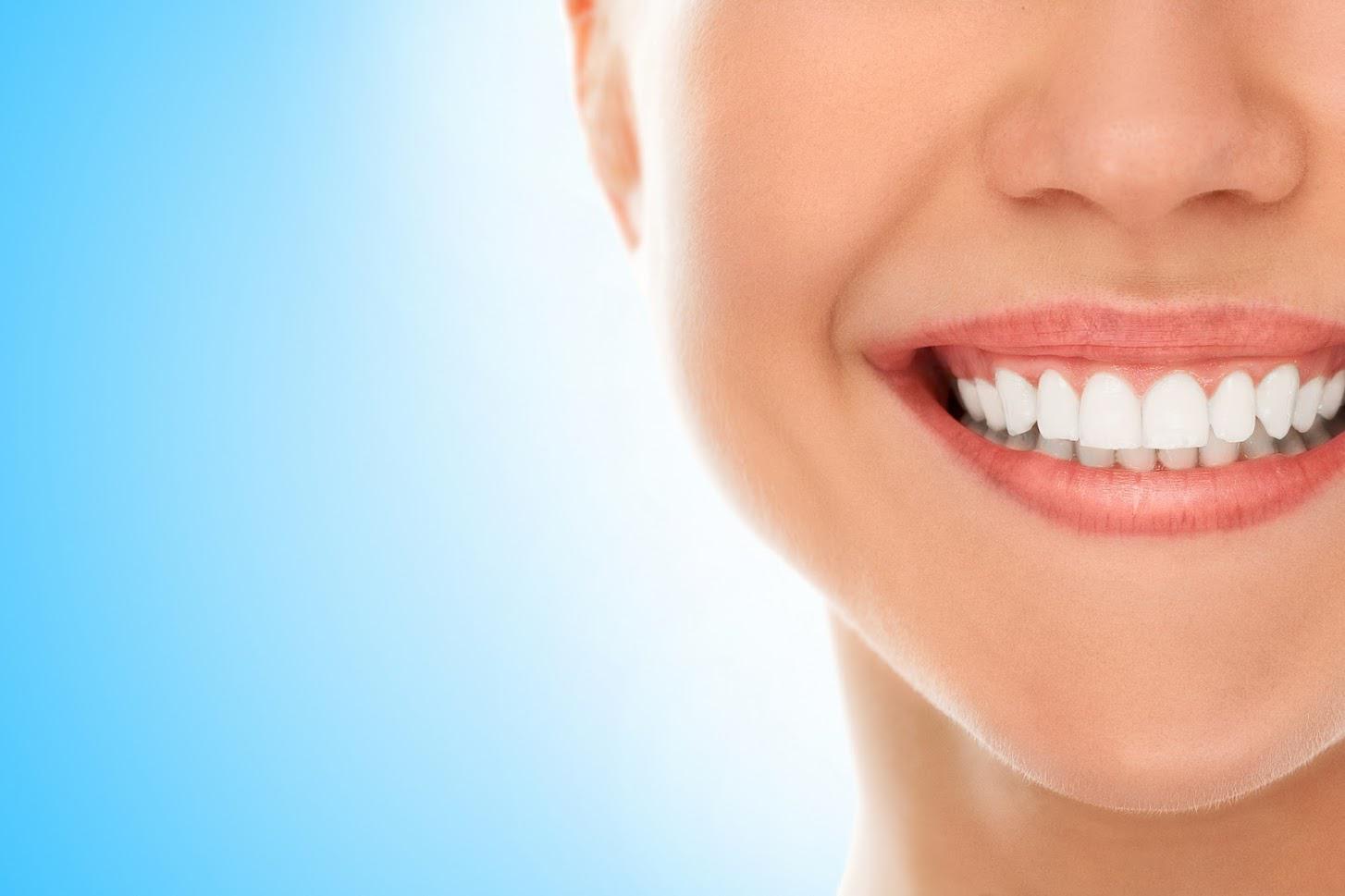 Perhaps the most dreaded dental procedure is the removal of the wisdom teeth. Generally, teens and young adults hear horror stories about recoveries or watch funny videos of people who are recovering after surgery.
Perhaps the most dreaded dental procedure is the removal of the wisdom teeth. Generally, teens and young adults hear horror stories about recoveries or watch funny videos of people who are recovering after surgery.
However, wisdom teeth can be misunderstood, and most of the time, the procedure itself does not have to be traumatic. If you are concerned about wisdom teeth growth and removal, learn more about common questions and concerns that patients might have about the teeth, the removal process, and the recovery.
Why Are Wisdom Teeth Removed?
Wisdom teeth (so named because they grow in during adolescence or early adulthood) don’t always have to be removed. They can grow into your mouth straight and cause few, if any, long-term dental problems. However, the majority of people need some or all of these four large molars removed because:
- They can crowd other teeth. Teens who have had braces can be dismayed to discover that their wisdom teeth are pushing their nicely-straightened smile out of alignment. Crowding also causes cleaning issues which increases the risk of dental decay.
- They can grow crooked or even sideways. A common problem is that a person’s mouth can actually be too small for wisdom teeth to emerge properly. The teeth push into the roots of other teeth. This problem is known as impaction, and it causes pain and can damage other teeth that are otherwise healthy.
- They can aggravate other conditions. Patients who have headaches, jaw problems, or migraines may find that wisdom teeth make these problems worse.
Wisdom teeth are slow growing, and problems might not appear right away. For example, cysts or open pockets can form around these teeth, causing pain in the jaw or creating places for bacteria to collect. You might have tender or swollen gums or even risk developing an abscess.


 As you get older, you experience many changes to your body, and your teeth are no exception to the rule. Teeth have amazing longevity — when other parts of your body fail, they remain constant, especially if they are properly cared for. But seniors need to have proper dental care in order to maintain good oral health.
As you get older, you experience many changes to your body, and your teeth are no exception to the rule. Teeth have amazing longevity — when other parts of your body fail, they remain constant, especially if they are properly cared for. But seniors need to have proper dental care in order to maintain good oral health. Dental fillings are often the treatment of choice for patients who have teeth that are decayed from cavities or other damage. When you choose to manage your cavities with fillings, your dentist will ask you what type of filling you prefer for your tooth. This short guide explains the types of materials available for dental patients today.
Dental fillings are often the treatment of choice for patients who have teeth that are decayed from cavities or other damage. When you choose to manage your cavities with fillings, your dentist will ask you what type of filling you prefer for your tooth. This short guide explains the types of materials available for dental patients today. Dental care can be a challenge for parents of kids with special needs. Children with cerebral palsy, autism, and Down syndrome are also at a higher risk of having issues with tooth decay, dental pain, and dental misalignment.
Dental care can be a challenge for parents of kids with special needs. Children with cerebral palsy, autism, and Down syndrome are also at a higher risk of having issues with tooth decay, dental pain, and dental misalignment. If you brush and floss your teeth like you should, you might be wondering what else you can feasibly do at home to ward off the onset of periodontal disease. However, since the health of your mouth is tied to the health of your body, making a few changes can help you to avoid this serious oral disease. Here are three interesting ways to prevent periodontal disease.
If you brush and floss your teeth like you should, you might be wondering what else you can feasibly do at home to ward off the onset of periodontal disease. However, since the health of your mouth is tied to the health of your body, making a few changes can help you to avoid this serious oral disease. Here are three interesting ways to prevent periodontal disease. Perhaps the most dreaded dental procedure is the removal of the wisdom teeth. Generally, teens and young adults hear horror stories about recoveries or watch funny videos of people who are recovering after surgery.
Perhaps the most dreaded dental procedure is the removal of the wisdom teeth. Generally, teens and young adults hear horror stories about recoveries or watch funny videos of people who are recovering after surgery. Gone are the days when oral piercings were a sign of social deviance. Oral piercings, like tongue rings, have become more popular than ever among the young and trendy. If you have thought about getting a piercing in your tongue, lip, or mouth, know that the piercing can negatively affect your dental health. Read on to find out more about piercings and how to keep your smile sparkling.
Gone are the days when oral piercings were a sign of social deviance. Oral piercings, like tongue rings, have become more popular than ever among the young and trendy. If you have thought about getting a piercing in your tongue, lip, or mouth, know that the piercing can negatively affect your dental health. Read on to find out more about piercings and how to keep your smile sparkling. Easter is a fun time for kids, but not for their teeth. As a parent, you can protect your child’s teeth by following these easy tips and by instituting a few basic Easter-candy rules. Limiting the type of candy your child eats, giving toys instead of chocolate, and giving your child candies that are not as bad for the teeth can all help your child avoid cavities and keep their teeth healthy.
Easter is a fun time for kids, but not for their teeth. As a parent, you can protect your child’s teeth by following these easy tips and by instituting a few basic Easter-candy rules. Limiting the type of candy your child eats, giving toys instead of chocolate, and giving your child candies that are not as bad for the teeth can all help your child avoid cavities and keep their teeth healthy. When your children are small, you make almost all of the decisions about things that affect their health, including their dental health. You decide what they’ll eat, what they’ll wear, when they’ll visit the dentist, and what procedures they need or don’t need.
When your children are small, you make almost all of the decisions about things that affect their health, including their dental health. You decide what they’ll eat, what they’ll wear, when they’ll visit the dentist, and what procedures they need or don’t need.
